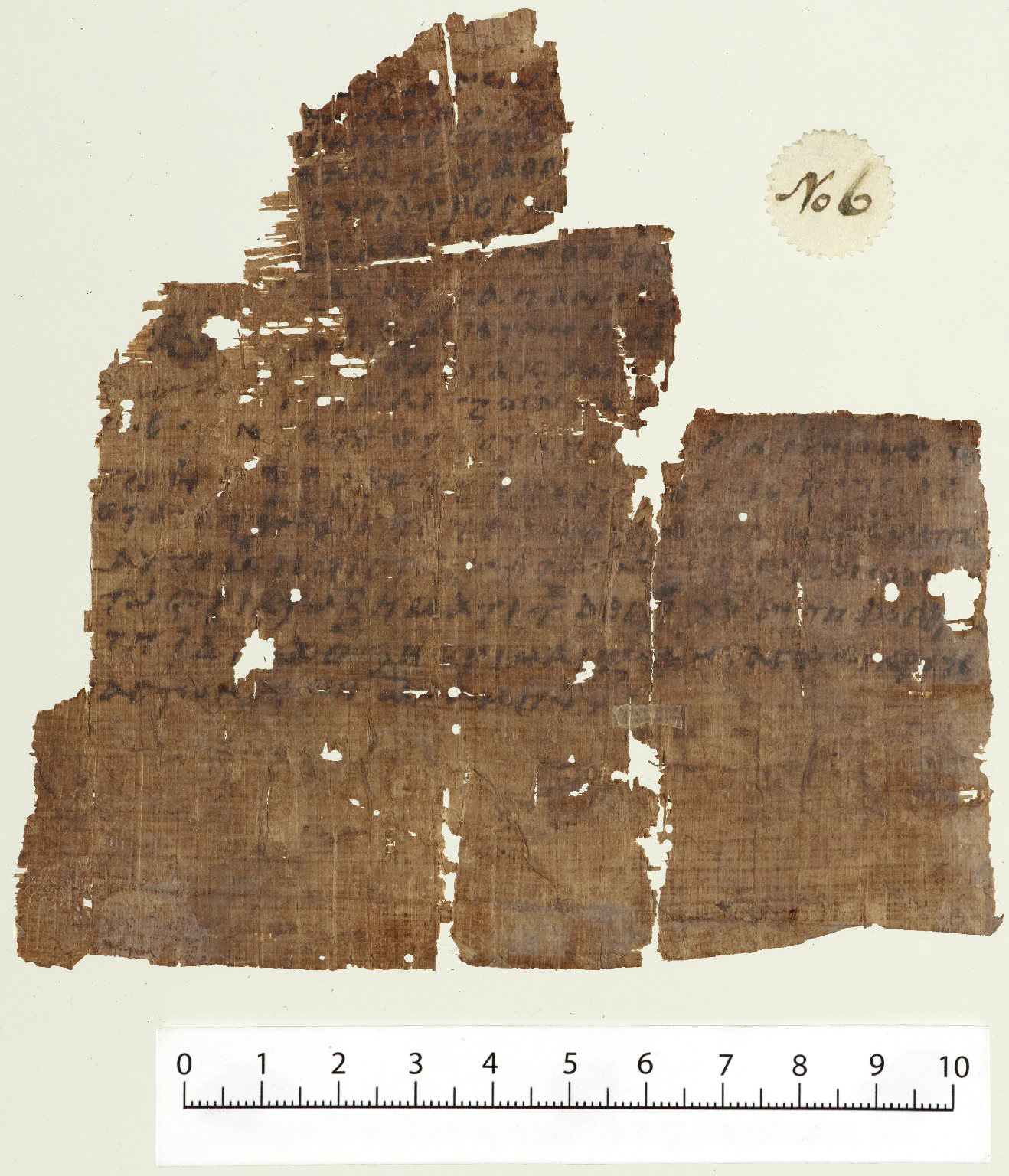For the month of August we are using inclusive (also called expansive) language for the texts of our liturgy. The majority of the liturgy is drawn from “Enriching our Worship” [EOW] the supplemental materials authorized by General Convention in 1997.
Some changes you might notice:
- A different Song of Praise—in place of the Gloria we will be using other Canticles from EOW
- Different Collects (prayers of the day) also from EOW
- Psalms will be from the St. Helena’s Psalter
- The Nicene Creed is slightly different
Why did the Nicene Creed change?

In addition to using inclusive/expansive language you’ll also notice differences in The Nicene Creed. The earliest form of this Creed, written in Greek, came about after a series of councils in the fourth century CE. The English version that most are familiar with in the Book of Common Prayer contains a few historical accretions. The version in EOW recaptures some of the specifics of the original language. For instance, the original text says that Jesus became Man meaning human (enanthropisanta in Greek). In Greek the distinction is clear: anthropoi=human, andres=male), but in English there is always the possibility that “man” will be understood as specific (referring to the male gender) rather than as inclusive (referring to humanity in general). The EOW version of the Creed has us proclaim that Jesus “became human” rather than “became man.”
The EOW version also addresses the filioque controversy. The original wording approved by the fourth century Ecumenical Councils read, “I believe in the Holy Spirit, who proceeds from the Father, who with the Father and the Son is worshiped and glorified.” The phrase, “who proceeds from the Father, and the Son” (in Latin filioque) was inserted by Spanish Christians during the sixth century in order to stave off what they perceived as a heresy. The phrase did not become generally used in the western church until the eleventh century. It has never been used in Eastern Orthodox Churches, and has been a sore point between the two great branches of Christianity for a thousand years. In 1976, Anglican members of the Anglican-Orthodox Joint Doctrinal Commission agreed that the filioque should not be used because it was inserted without the authority of an Ecumenical Council. In 1985, General Convention of The Episcopal Church recommended removing it. This action was endorsed by the Lambeth Conference (1988) and the Anglican Consultative Council (1990). The 1994 General Convention affirmed our intention to remove the filioque at the next revision of the BCP (don’t panic— the next full revision remains in the distant future). While an interesting theological puzzle (who proceeds from whom), the issue of the filioque is not primarily theological but rather one of authority. On what authority may a statement of faith, agreed upon by the whole Church, East and West, be changed? For the month of August we will follow the Enriching Our Worship text and omit the filioque; in September you will see it bracketed: ”Proceeds from the Father [and the Son]”, as a reminder of this.
